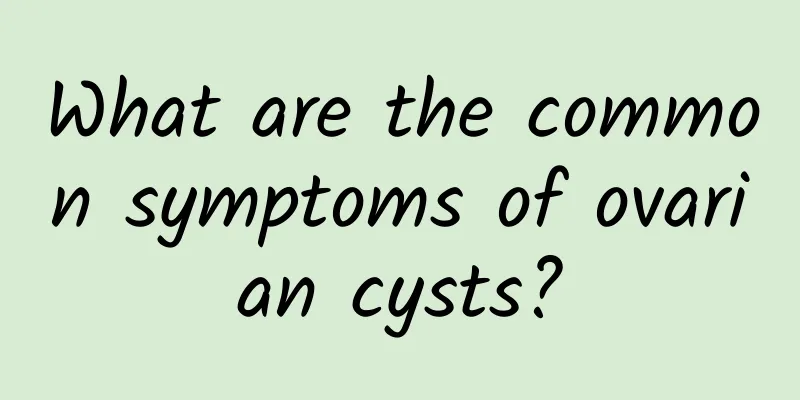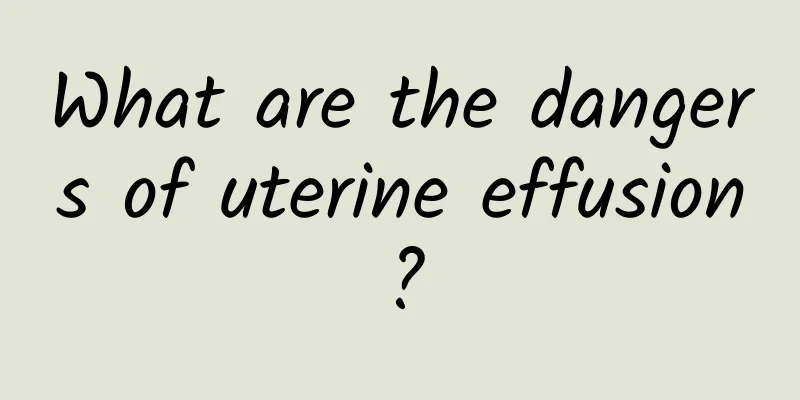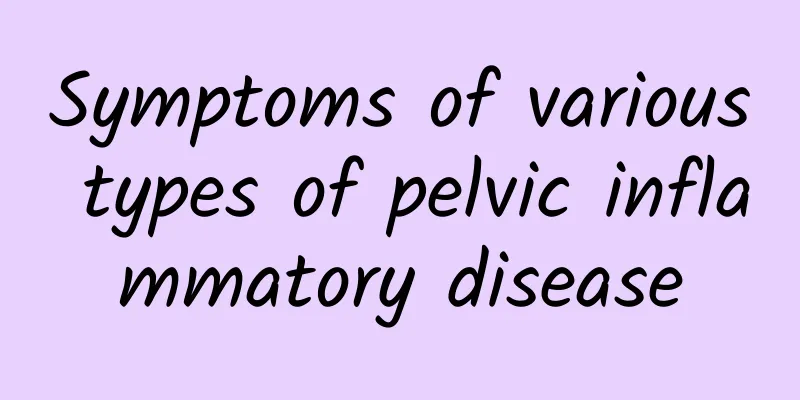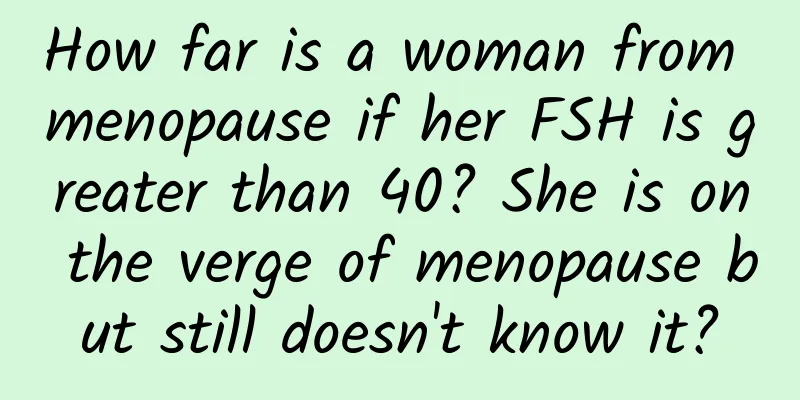Is it better not to have surgery for intrauterine adhesions?

|
Intrauterine adhesions are sometimes not well treated with surgery because the adhesions may reappear. 1. Understand intrauterine adhesions Intrauterine adhesions are usually caused by improper healing of the damaged endometrium. Many people may think that surgery is the best way to solve adhesions, but in fact, the chance of re-adhesion after surgery is very high. It's like we repair a broken net, which may break again after repair. 2. Limitations of drug treatment Many people would think of using drugs to eliminate inflammation, but drugs are often powerless for already formed intrauterine adhesions. This is because these adhesions are not caused by bacteria, but are part of the body's self-repair process. Just like a piece of dried mud, it is difficult to make it soft again with water. 3. Challenges after surgery Surgery can temporarily separate adhesions, but the healing process after surgery may cause new adhesions. After surgery, the environment in the uterine cavity can still stimulate tissue to adhere again, just like if we cut off a vine, it may grow faster. 4. Non-surgical alternatives In addition to surgery, there are some non-surgical methods that can be considered, such as physical therapy or hormone therapy. These methods may help improve the uterine cavity environment and reduce the occurrence of adhesions, just like helping plants grow better by adjusting the soil composition. 5. Adjustment of lifestyle A healthy lifestyle can also reduce the risk of intrauterine adhesions to a certain extent. Maintaining a good diet, moderate exercise and regular physical examinations contribute to overall health, just like providing a good ecological environment for the body. 6. Importance of mental health In the face of intrauterine adhesions, psychological adjustment is also very important. Excessive stress will affect the body's healing ability, and proper relaxation and a positive attitude will help recovery, just as sunshine and rain are important to the growth of plants. 7. Consult a professional doctor Each person's situation is different, and the best way is to consult a professional gynecologist to develop a personalized treatment plan. The doctor will give the most suitable advice based on the specific situation, just like tailor-made clothes that fit best. By understanding this information, I hope it will help you better understand the problem of intrauterine adhesions and make the best choice for yourself. A healthy lifestyle and professional medical advice are the key to dealing with this problem. |
<<: Can anti-uterine inflammation tablets treat cervical erosion?
>>: Can't I have a painless abortion if I have gynecological inflammation?
Recommend
How to treat endometrial thickening
The thickness of the endometrium generally change...
Can B-ultrasound detect ectopic pregnancy?
Can B-ultrasound detect ectopic pregnancy? Gyneco...
What are the symptoms of uterine fibroids?
What are the symptoms of uterine fibroids? Uterin...
What should patients with adnexitis pay attention to?
What should patients with adnexitis pay attention...
Symptoms of cervical erosion and bleeding in pregnant women
Symptoms of cervical erosion and bleeding in preg...
Which hospital can check uterine fluid
Which hospital can check uterine effusion? In lif...
The main symptoms of tumorous ovarian cysts
Tumorous ovarian cysts are one of the more common...
Why can cervicitis not be cured for a long time?
Cervicitis is extremely detrimental to the physic...
Analysis of self-relief of menopausal syndrome
Menopause is a necessary stage in life for women....
President Ma: The issue of US beef will never sacrifice the health of the people
As the issue of American beef continues to heat u...
What is the reason for heavy menstrual flow and abdominal pain?
What is the reason for heavy menstrual flow and a...
Study: Vegetarianism reduces the risk of diabetes, breaking two myths about healthy vegetarianism
Can being a vegetarian prevent diabetes? A local ...
Top 3 detox products to turn your L-shaped body into an S-shaped one
Who says you have to starve to lose weight? The k...
What is the reason for early menstruation every time?
What is the reason for early menstruation every t...
Vulvar leukoplakia is mainly caused by trauma
Vulvar leukoplakia is mainly caused by trauma, an...









